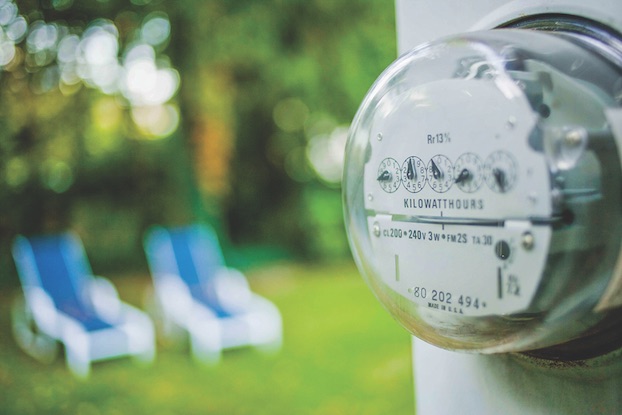Together Louisiana: Louisiana’s energy efficiency program needs reform
Published 11:23 am Wednesday, January 24, 2024

- (Metro Creative Services)
Entergy Louisiana, Central Louisiana Electric Company (CLECO) and Southwestern Electric Power Company (SWEPCO) customers could be paying for energy they never received for savings they never realize. The amount, which could be as little as $1 for residential customers, is only one aspect of the failings of an energy efficiency program that Together Louisiana says needs reform.
Together Louisiana, the grassroots organization representing more than 200,000 members from churches and civic groups around the state, described the situation as “the fox in the henhouse.”
They are urging Louisiana Public Service commissioners to pass proposed reform and add an amendment to the current energy efficiency program rules to address what they see as a conflict of interest by shifting control to an independent, third-party administrator on Wednesday.
Trending
At least three commissioners are listening, according to Erin Hansen of Together Louisiana. They are Foster Campbell, Davante Lewis and Craig Greene. The American Press reached out to Commissioner Mike Foster for this part of the state and did not receive a comment by press time.
Together Louisiana outlined major failings of the current program and highlighted changes they’d like to see during a Tuesday press briefing.
“Louisiana’s program to save energy has been administered by companies that sell energy. The conflict of interest is clear, and data show the program has fallen short,” said Jokie Manale of Together Louisiana. “The program has not reached enough people or generated enough savings, and for the last nine years we’ve been paying fees for electricity we did not use and which the utility companies did not sell.”
Ten years ago, utility companies gained control of the state’s energy efficiency program. Together Louisiana identified failures of the program to include ratepayers being charged $37 million in “ghost recovery charges” for energy they did not use, Hansen said during the briefing.
The amount is described as a “projected loss contribution to fixed cost,” which Together Louisiana refers to as “ghost charges.” It can be an extra line item – Hansen called it a rider – that appears on the utility bill every month. She said hers is $1, and explained that large industrial and commercial companies, entities that use much more electricity than residential customers, are capped at $75 so residents are paying the bulk for efficiency while using far less of the energy.
“We don’t have a precedent for this in our economy. The utility companies lobbied for this back in 2014, saying that they wanted this to be a temporary policy solution to help reduce damages to themselves as a result of the energy efficiency programs which they were worried would eat into their sales. They have been enjoying this revenue for the last ten years, and it’s been like a tiny charge on all of our bills every month since then. Now, they are lobbying for this to become a permanent fixture in the energy efficiency program.”
Trending
Together Louisiana pointed out that utilities are not required to measure whether energy savings are real. Savings are based on models, not reality. They know every aspect of the program can’t be audited, but being able to measure results is integral to evaluating its success.
The final failing noted in the press briefing is that the program serves less than 0.5 percent of the state’s energy customers.
“The energy efficiency program has still saved us money,” Hansen said. “Our argument is that it could have saved us a lot more over the last 10 years, and it will save us a lot more in the future if we make it a big program without a conflict of interest instead of a small program with a conflict of interest.”
Publicity for the program has been lacking, according to Together Louisiana.
Not central to reform, but part of the conversation is Together Louisiana’s desire that the energy efficiency program help people who pay a higher percentage of their resources for electricity.





